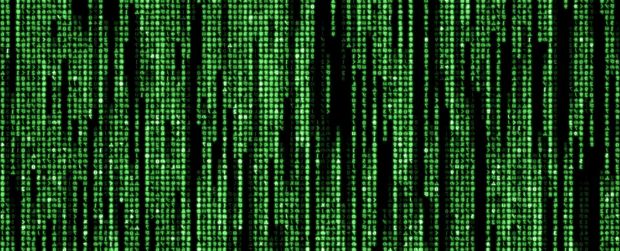“Cogito ergo sum”, wrote Descartes in 1644. Translated, this Latin phrase refers to the famous quote “I think therefore I am”. Descartes argument became so famous that academics now refer to it as the “cogito ergo sum argument”. Descartes premise starts with the idea that nothing in the world truly exists and asks the question, “Does it now follow that I too, do not exist?”. After much deliberation Descartes decided the proposition, I think therefore I am, is true whenever conceived in the mind of an individual. Thus Descartes only claims his own existence and cannot make any claims about the nature of his environment.
Initially Descartes argument was relevant to asserting the value associated with scientific and mathematic knowledge. From my research, Descartes laid the foundation for scientific and mathematical proofs as being justified by self evident propositions. In this quest for knowledge, Descartes ensured that an individuals gathered knowledge could be viewed as the one fixed point among many variables. From the guarantee of a thinking self, the individual could build the entire world using logical thought. This introduced the concept of generalized doubt, where logical evidence is necessary to prove the existence and mechanisms of the external environment instead of taking them for granted.

Watching The Matrix we know that humans are trapped within a simulated reality. Descartes argument brings up the question, what is real? Morpheus’ line goes “What is real? How do you define ‘real’? If you’re talking about what you can feel, what you can smell, what you can taste and see, then ‘real’ is simply electrical signals interpreted by your brain”. Morpheus and Descartes seem to agree on one point. That being we can guarantee our existence, but cannot trust the electrical signals sent to our brain.
Where they disagree is Morpheus’ acceptance of the real world. Sure he escaped a simulated reality, but what guarantees does he have concerning the real world. Logically speaking he has none. However Morpheus takes this world to be his perception of reality, as he once did with the Matrix. What Morpheus takes with him is knowledge of the mind as Descartes would call it. Impressions left by external stimuli upon his brain and thoughts in reaction and anticipation; these are the only things Morpheus really can take for granted in absolute terms.
This makes me think about the practicalities of realizing a “fake” reality. Morpheus teaches Neo that there are chosen few who can escape the Matrix, but for many the mind is too attached to the Matrix and there is no hope for them to escape alive. What about the people who do escape the Matrix? They have let go of fear, doubt and apprehension to face the realities of the free human world. However can they ever truly trust what their brain tells them about the real world?

The film seems to be somewhat divided on this topic, depending on your personal interpretation of some of the quotes.
On one hand the spoon boy says, “Do not try and bend the spoon. That’s impossible. Instead… only try to realize the truth…There is no spoon…Then you’ll see, that it is not the spoon that bends, it is only yourself”. Literally interpreted the spoon boy is teaching Neo how to manipulate the Matrix with his mind. However I like to think the spoon boy is talking about perception in general. The spoon exists in your mental perception, and if it did bend, then all you are guaranteed is the image of a bent spoon within the confines of your mind. Thus you bent and there may not be a spoon, since perception defines your reality.
On the other hand Morpheus and Neo find purpose in saving their fellow humans from the Matrix and preserving Zion. Their sacrifices throughout the trilogy convince me that their ultimate goal is the preservation and advancement of Zion. I take this as a sign that the world outside the matrix is very real due to the efforts of the protagonists concerning the war against the machines. Morpheus is able to convince Neo and his other followers that Zion must be protected and this becomes the main theme of the overall trilogy.
This has me wondering about the significance of our knowledge. What takes precedence, the need to validate our knowledge or the pursuit of an ultimate purpose?
